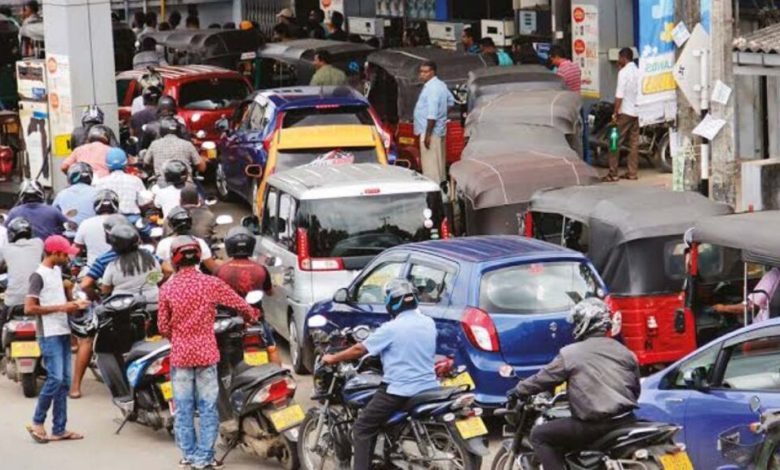
Nigerians are presently facing significant economic challenges as the cost of most goods and services has tripled, whereas the income of many citizens has remained the same.
Punch reports that the 22.41 per cent inflation rate has deteriorated the value of what many have.
By May 31, 2023, less than two days after, the pump price of the commodity massively increased from about N198/litre to an average of over N500/litre across the country.
This instigated a widespread increase in goods and services nationwide, including transportation costs.
Nigerians are still watching to see the roll-out of the interventions amidst the worsening hardship across the country.
It was observed, for instance, that some residents of the Federal Capital Territory and many others in Northern Nigeria, where petrol currently sells above N540/litre, had abandoned their vehicles.
“I cannot afford to fuel my car with over N5,000 daily just to go to work from Kubwa to the Central Business District in Abuja. How much is my salary? The best option is to trek some distance and join commercial buses,” Fred Uvi, an Abuja resident, stated.
It was recorded recently that the World Bank stated that the removal of subsidy on petrol could increase the number of poor Nigerians to 101 million if the government failed to provide palliatives.
The bank said Nigeria had one of the highest inflation rates, which pushed an estimated four million people into poverty between January and May 2023. It disclosed this during the launch of the June 2023 edition of the Nigeria Development Update in Abuja.
The report stated that the bank also revealed that about 7.1 million poor Nigerians would become poor if the Federal Government failed to compensate or provide palliatives for them following the removal of fuel subsidy.
It said 89.8 million Nigerians were poor at the beginning of this year. The lender noted that an additional four million Nigerians became poor between January and May this year, raising the figure to 93.8 million.
The latest projection means the number of poor Nigerians will rise to 100.9 million if the government fails to compensate vulnerable citizens for the hardship imposed by the fuel subsidy removal.
Reacting to the economic hardship caused by the subsidy removal, the National President of the Independent Petroleum Marketers Association of Nigeria, Chinedu Okonkwo, said Nigerians were looking forward to seeing what the recently constituted technical committee of government would come up with.
